Round table on the topic "Russia is multinational: Abaza. Creating a basic model of preserving the language, culture, traditions of indigenous minorities", organized by the International Association "Alashara", was held in Cherkessk on January 31.
Said Bargandzhia
Scientists, politicians and public figures of the KChR, together with their colleagues from St. Petersburg, discussed the issues of preserving and developing the Abaza language at the round table on the topic "Russia is multinational: Abaza. Creating a basic model for the preservation of the language, culture and traditions of indigenous minorities." The event was organized by the ANO "Alashara" at the International College "Polyglot" in Cherkessk on January 31. This is reported on the website of the International Association "Alashara".
Changes that were made to the Federal Law of the Russian Federation "On Education" caused a lively discussion.
In July last year, the State Duma of the Russian Federation adopted amendments to the Federal Law "On Education", which touched on national languages. In accordance with them, citizens of the Russian Federation, regardless of their nationality, have the opportunity to choose the language that they can consider as their mother tongue to learn in secondary school. Prior to the adoption of the amendments, the language of the nationality to which a person belongs from birth was considered the mother tongue and a student was supposed to study it within the framework of the secondary school general education program, where all the conditions necessary for teaching the native language were created.
Nikolay Kazansky, academician of the Russian Academy of Sciences, scientific director of the Institute of Linguistic Studies, expressed his position on this issue. According to him, the recently adopted changes are not aimed at developing the languages of small peoples living in Russia.
"This is a very difficult set of issues that requires hard work, there should be a program that would take into account the peculiarities of all regions of Russia," said the academician.
He also added that it is necessary to improve the quality of educational textbooks on language and to pay special attention to improving the qualifications of teachers.
Nikolay Kazansky paid special attention to the work of public and state structures of the KChR in strengthening and preserving the Abaza language. He also offered assistance in the training of scientific personnel for Abaza linguistics. At the end of the round table, Nikolay Kazansky spoke with potential candidates for training at the Institute of Linguistic Research.
The position of Nikolay Kazansky was supported by another participant of the event - Arkady Sosnov, editor-in-chief of the almanac "Russian philanthropist", who also noted active work aimed at developing the Abaza language.
"The Abaza can set an example to all the peoples of Russia, how to preserve their language," he said.
Within the framework of the Round table, the book "The Policy of Protecting the Rights of Indigenous Minorities of Russia in the North Caucasus" was also presented.
"The seven parts of the book, each of which consists of 6-7 chapters, reflect the history of the peoples of the North Caucasus and the international practice of protecting the rights of indigenous minorities," said Nadezhda Yemelyanova, a member of the Russian Geographical Society, who presented the book.
Ismel Bidzhev, Chairman of the National Assembly Committee on Science, Education, Culture, Sport, Youth Affairs and Tourism, Fatima Bekizheva, Deputy Minister of Education of the KChR, Arthur Korkmazov, Head of the Department of National Relations, Mass Communications and Press, Sergey Pazov, Vice-Rector of Karachay-Cherkess State University for Research, Mardzhan Daguzhieva, Founder, Advisor to the Director of the International College "Polyglot" and other specialists, scholars and public figures participated in the Round table.
The international association for the development of the Abaza-Abkhaz ethnos "Alashara" has been active in preserving the Abaza language for more than five years. The work is carried out with the involvement of well-known linguists, historians, ethnographers. Round tables with the participation of scientific, public and political figures are regularly held, numerous methodical manuals are published and courses on the study of the Abaza language for different age groups are organized.
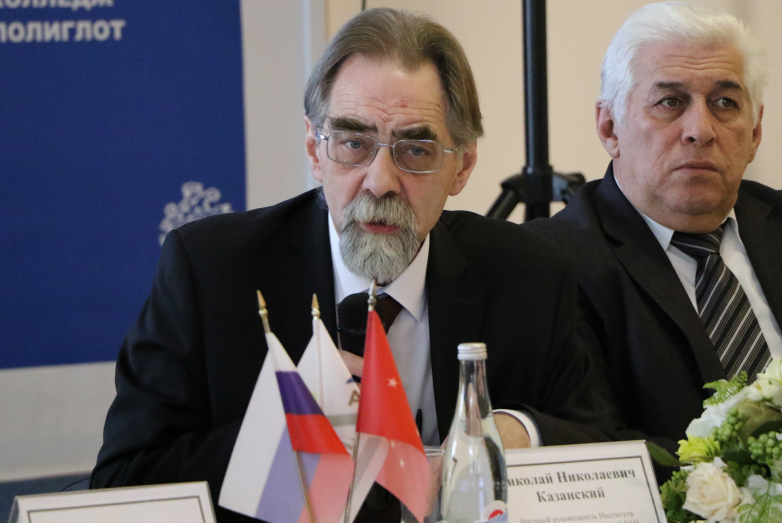
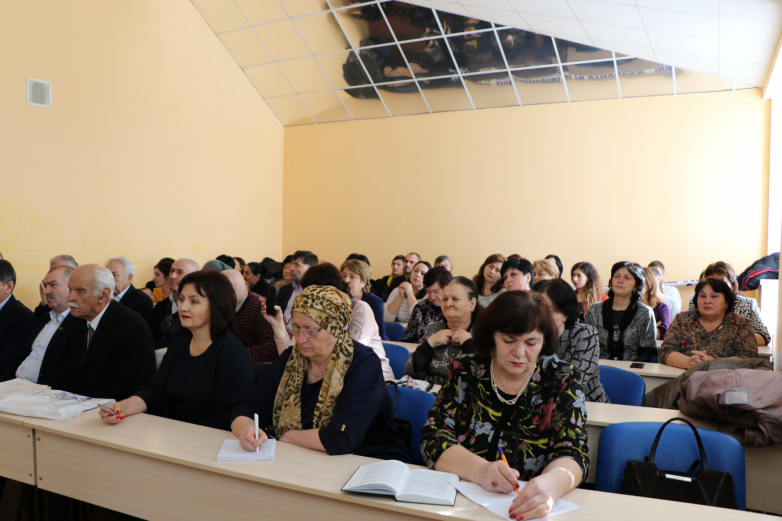
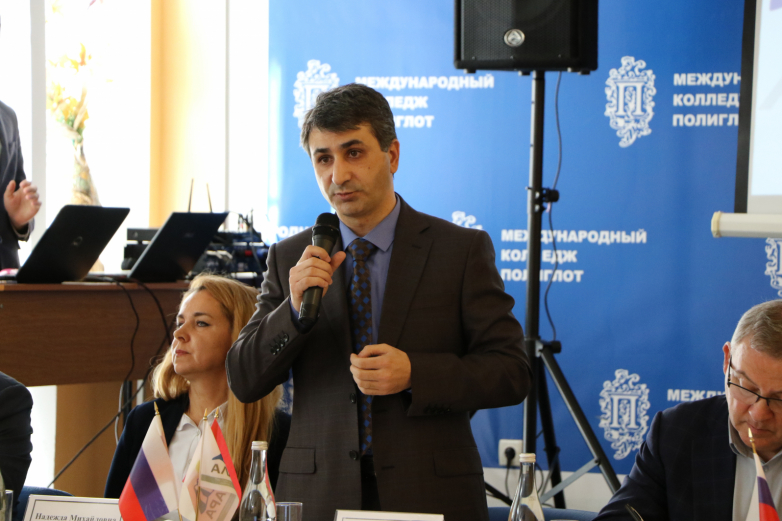
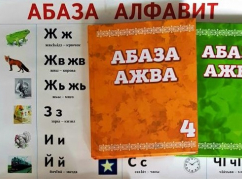
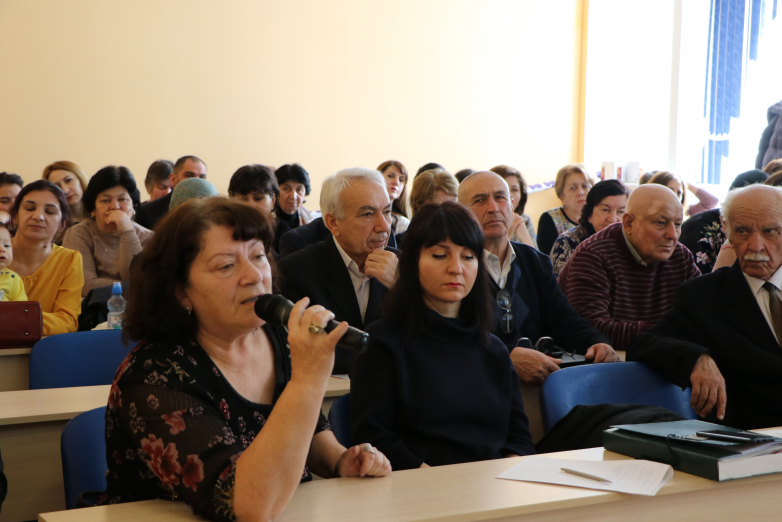
to login or register.